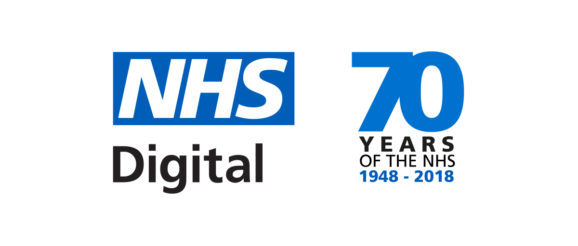The past, present and future of digital technology innovation in healthcare

When I was asked to contribute to NHS Digital’s #NHS70innovations campaign and choose one technological innovation in health and care that I thought was the greatest in the last 70 years of the National Health Service, I thought where do I start? There’s lots!
My first thought was the MRI scanner – the ability to look inside someone without having to open them up, to look inside and to get some immediate and important answers. This was just innovation at its best.
But then I thought, why not bring this question closer to me and what I’ve experienced in my time working in the NHS?
I think one of the things I’ve been most proud of and I believe is a great innovation is NHS Choices. The UK’s biggest health website, it’s a solution that has provided the public – and 1.5m of them using it per day is a good testament – with the ability to get information about their health, either reassurance or understanding, at their fingertips, be it on a smartphone, or on a computer on the internet.
I had the pleasure to work on NHS Choices and really that technology, for me, was the start of the drive in the NHS to provide detailed, quality information to individuals.
But what is exciting me right now in terms of innovation in technology? Again, there’s lots.
I think I’m most excited about the use of data. Really using data to both predict and actually take action to deliver better outcomes.
And that ranges from some things I’m really interested in, such as smart wearables, devices, The Internet of Things – linking devices to help harness opportunities digital technology can bring to our physical world.
Patients actually being able to monitor themselves and, if they choose, be monitored by their doctors remotely in the home, in the street, monitor sleep patterns, you name it, and take action. There is a great opportunity in actually using that data to be predictive and be proactive in providing health and care.
So I think for me, I’m really excited about the opportunities we’ve got about being able to provide services remotely, using that data to be much more precise in providing better outcomes for individuals. It will allow medical care to become much more personalised.
Looking to the future and NHS100 – that’s what it’s all about, isn’t it? There’s robotics, sensors, implanting monitors to be able to check temperature, heart rate, and much more.
In the next 30 years I think we will be able to collect appropriate information and take action remotely. That may mean and lead to intervention, but I think technology will really allow us as individuals to be able to monitor, manage and look after ourselves to a greater extent.
The NHS at its 100th birthday will be something very different.
I think it will still contain the passion, the belief and the people that deliver that service, but I think us as individuals will do more for ourselves and have the ability to do so by using technology and innovation that will be available at our fingertips.
